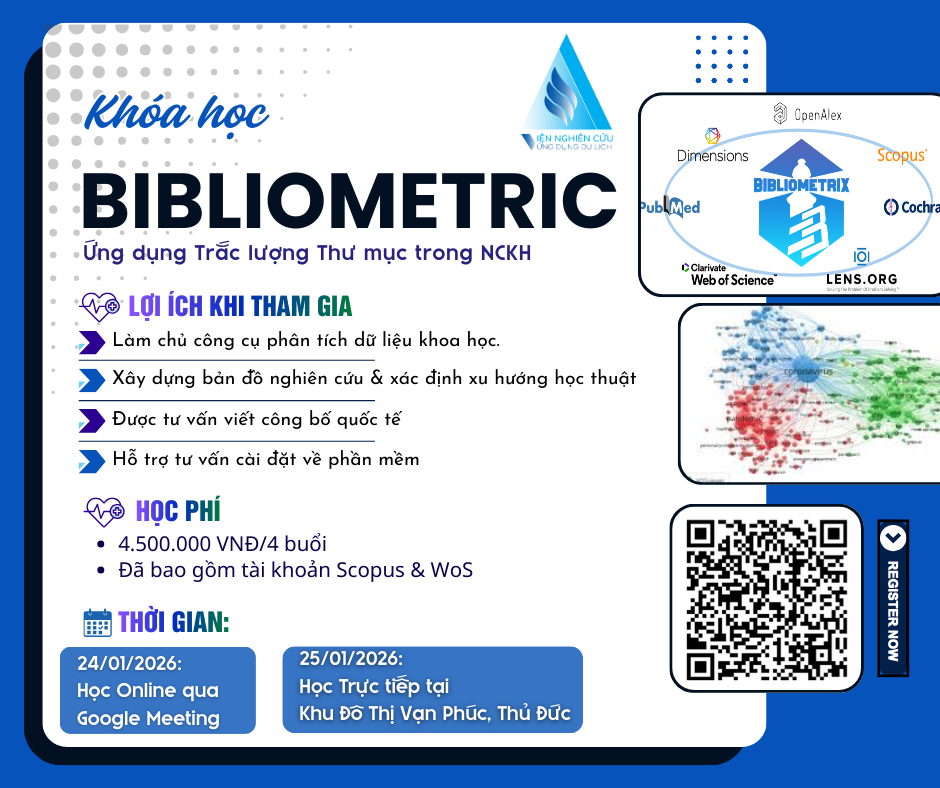This post is also available in:
Tiếng Việt (Vietnamese)
The success story of Bula Coffee in Fiji demonstrates how the integration of agriculture and tourism can generate long-term, community-based livelihoods in remote highland regions.
A Young Industry with Promising Potential
In recent years, agritourism has evolved from a theoretical concept into a viable development strategy across Pacific island nations—particularly in Fiji and Vanuatu.
Over the past 12–18 months, agritourism has shifted from a pilot trend to a designated industry target for both governments. With the support of development partners, these countries are strategically investing in ways to channel donor funding toward new rural opportunities—from individual smallholder farmers to isolated highland communities.
At the heart of this movement stands Bula Coffee, a compelling model for blending traditional agriculture with immersive tourism experiences.
A Journey Sparked by a Moment of Discovery
The origin of Bula Coffee is not rooted in a planning office or investment pitch. Instead, it began with a horseback ride through the Fijian highlands. During this outing, the co-founder noticed vibrant red berries growing on wild bushes. Initially unrecognized, these were coffee cherries—bright, sweet-tasting fruits typically overlooked and foraged casually by locals.
This moment of discovery became the seed of a new idea: Could this forgotten resource be transformed into a business—and more than that, into an authentic travel experience?
Farmers at the Heart of a Sustainable Model
Unlike large-scale industrial plantations, Bula Coffee collaborates directly with highland farmers. Coffee harvesting remains fully manual—an activity that requires skill, patience, and endurance.
Each cherry holds only two beans. To fill a single sack, harvesters must begin at dawn and work continuously for up to two hours. While the task may seem small in scale, its economic and social impact is profound—the income helps families purchase essential goods, send children to school, and improve daily life.
Visitors to Bula Coffee farms learn not only to differentiate ripe from unripe cherries and to understand drying and roasting techniques, but also to witness real labor—an integral part of the region’s cultural fabric.
From Agriculture to Tourism Product: People Make the Difference
Transforming a coffee farm into a tourist destination is no simple feat. The true value lies not only in the beans, but in the curated experience.
This is where Party 2, a development support program, played a pivotal role. More than just financial or technical assistance, Party 2 helped Bula Coffee acquire critical capabilities—tour operation logistics, experience design, and professional training for local guides.
Tour Guide Training: Unlocking Agritourism’s Potential
A key breakthrough was the training of local farm workers as tourism interpreters. Previously farmers or laborers, these individuals were now equipped to explain coffee botany, narrate their agricultural journeys, and host visitors in a meaningful way.
This human-centered approach allowed Bula Coffee to transcend product-based commerce and deliver personalized, emotion-driven visitor experiences—a cornerstone of successful agritourism.
Bula Coffee as a Model of Holistic Rural Development
Bula Coffee is more than a coffee brand—it represents a localized, regenerative ecosystem. Its value lies not only in the final product, but also in:
-
Creating stable income for highland farmers
-
Utilizing natural resources without ecological disruption
-
Providing community-based training and capacity building
-
Offering culturally rich, educational tourism experiences
Crucially, the Bula Coffee experience remains grounded in authenticity. Nothing is staged. Visitors engage with real people, real work, and real stories.
Agritourism: A New Driver for Rural Economies
On a broader scale, Bula Coffee exemplifies how agritourism can become a strategic industry for emerging island economies. It is not merely an economic solution—but a resilience strategy in the face of low urbanization, geographic isolation, and heavy reliance on traditional agriculture.
By merging tourism and agriculture, rural communities can diversify income streams, preserve cultural identity, reduce dependence on fragile supply chains, and promote sustainable tourism.
From a Cherry to a Healing Ecosystem
Bula Coffee is living proof that a local product, when nurtured with the right mix of local knowledge and professional guidance, can become a catalyst for community transformation.
What began with a forgotten cherry during a horseback ride has, over the past decade, evolved into a symbol of hope—producing not only quality coffee but also a blueprint for the future of agriculture, tourism, and the highland communities once overlooked.









